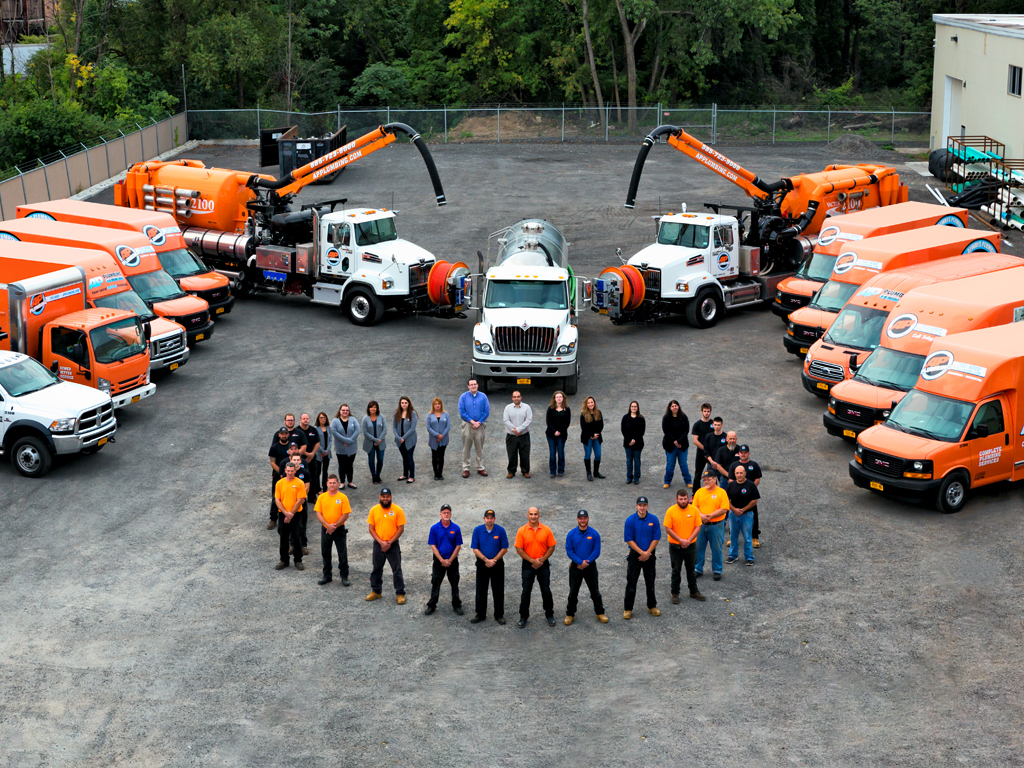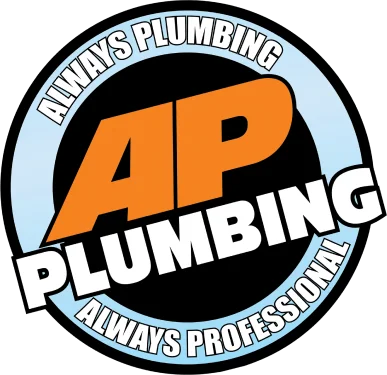Reliable plumbing is easy to take for granted. Most of the time, your plumbing system will deliver flawless performance, which can lull you into thinking everything is just fine with your home’s plumbing. The fact is that all plumbing systems are susceptible to damage as they age, and it’s necessary to pay close attention to the operation of your plumbing because it can and often does fail with little warning.
At AP Plumbing, our licensed and insured plumbers will provide the prompt, effective plumbing repairs required to restore the operation of your plumbing. Whether you need a pipe or drain clog removal or repair, faucet replacement, sump pump repair, or other service, we have the tools and expertise to complete the job to the highest quality standards.
When you need fast and reliable plumbing repairs in Rochester, contact AP Plumbing to schedule a service appointment today!

Signs You Need Plumbing Repair
It’s rare for a plumbing system to fail suddenly. Often, you’ll notice signs that problems are brewing long before a major malfunction occurs. If you detect any of the following signs, we recommend scheduling a service appointment without delay:
- Leaks: Most leaks will start small and gradually worsen over time. Leaks are often caused by damaged pipes, defective components, and failed seals.
- Sewage backups: Sewage backing up into sinks, toilets, showers, etc., indicates a considerable clog in your drain or sewer line.
- Water discoloration: Water discoloration can indicate corrosion or breaks in the pipes that allow dirt and other debris to enter your plumbing system.
- Diminished hot water capacity: Diminished hot water production indicates a problem with your water heater. This can be caused by mineral buildup within the tank, a malfunctioning burner, clogged fuel lines, and defective heating elements.
- Constantly running toilets: Constantly running toilets can occur because of damaged floats, problems with the overflow tube, or a malfunctioning fill or flush valve.
- Soggy landscaping: Soggy landscaping or standing water can indicate a break within your main sewer line or the water main.
Professional 24/7 Plumbing Repair
We provide a full range of plumbing repairs customized to meet your needs. We are a certified Delta Service provider and Nexstar member, and our highly trained plumbers can resolve any issue with your plumbing. We maintain a fleet of fully stocked service vehicles and can offer the following repairs and more:
- Water heater repair: Whether you have no hot water, a leaking hot water, or any other water heater issues, you can count on us for repair!
- Leak repair: From leaking fixtures to leaking pipes, we can detect and repair leaks from any part of your plumbing system.
- Toilet repair: We commonly repair clogged, leaking, and otherwise broken toilets.
- Sewer line repair: Our trenchless sewer line repair services will fix anything wrong with your sewer line.
- Drain clog repairs: Regular clogs in your sinks, toilets, or tubs are a sign that your drains need professional cleaning.
- Frozen & burst pipe repair: If your pipes freeze, they could burst when they thaw. When this happens, look to AP Plumbing for assistance.
- Low water pressure repair: Don’t suffer through low water pressure any longer. Give our team of plumbers a call for repair.
Trust AP Plumbing With Plumbing Repair in Rochester
Our licensed and insured plumbers are dedicated to delivering the superior service and reliable solutions you deserve. Since 1986, we’ve proudly served clients’ needs in Rochester, Webster, Victor, and the surrounding communities.
When you choose AP Plumbing to service your home’s plumbing systems, you will always receive same-day or emergency service appointments, no overtime charges, upfront pricing, financing options, military/veteran/senior discounts, and more.
Contact AP Plumbing at 585-510-2336 to schedule top-rated plumbing repairs in Rochester today!
Frequently Asked Questions
What should I do if I have a major plumbing leak?
You’ll want to shut off the water main as quickly as possible. It’s usually located near the water meter. Once closed, turn the power off at the electrical panel. Next, you’ll want to remove valuables and water from the affected area as much as possible while waiting for a licensed plumber to arrive.
How difficult is it to replace a damaged faucet?
Faucets age and break frequently. Fortunately, faucet replacement is usually a fast, straightforward procedure that doesn’t take a certified plumber long to complete.
What causes pipes to corrode?
Many factors can cause your pipes to corrode. These include low pH levels, high mineral and sediment concentrations, the use of chemical cleaning agents, high water pressure, the type of metal, oxidation, and the microbiology of the water.





